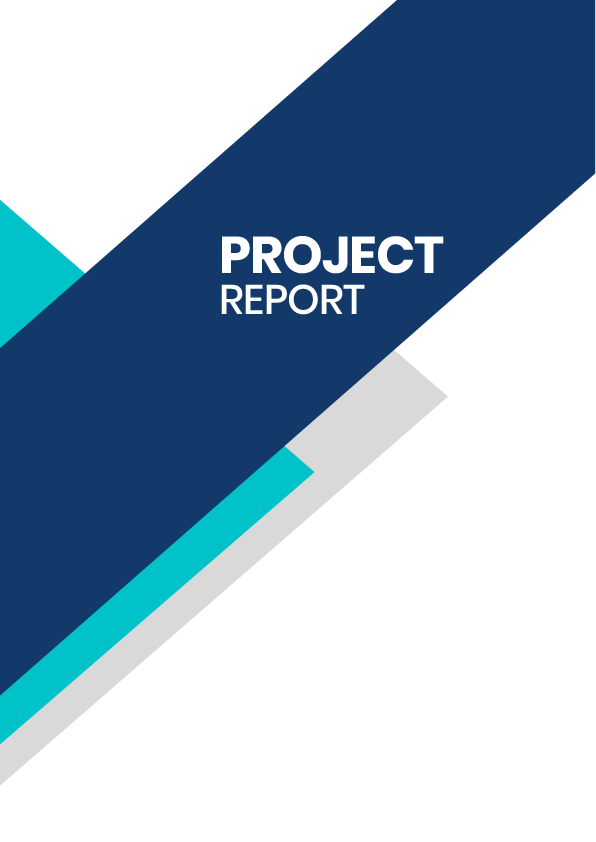Introduction
In India, Liquid membranes were preferred over other waterproofing methods in 2016 due to their high efficiency and their low-cost. The innovations in liquid membranes have provided further impetus to the industry. Within liquid membranes, acrylic membranes are expected to see a healthy growth in the coming years as they provide protection to roofs against weather conditions like hail storms, snow and heat. The industry for bituminous membranes will also grow in the forecast period because of their rising demand due to their durability and high tensile strength. The global construction industry is expected to reach INR 21800.610 Crores by 2030 and will aid the growth of the global waterproofing market in the forecast period. Waterproofing is the process of making an object or structure waterproof or water-resistant so that it remains relatively unaffected by water or resisting the ingress of water under specified conditions. Such items may be used in wet environments or underwater to specified depths. Waterproofing is done on a building or any other infrastructure to prevent water from entering the structure and causing damage. It creates an impervious barrier protecting the structure from water seepage and leakages during weather conditions like rains. By making the surfaces of the building like roofs, walls, foundation surfaces and other parts integral in maintaining the structural integrity of the building, waterproof, the process prevents buildings from water damage and increases their life. Waterproofing also ensures that the structure is protected from any chemical damage and corrosion.
Market potential & Strategy
The global waterproofing market stood at a value of INR 418200.5 Crores in 2020. The market is further expected to grow at a CAGR of 5.8% in the forecast period of 2021-2026. The waterproofing market has been propelled by the growing infrastructure and construction sectors along with a growing demand for waterproofing in end-use sectors like water and wastewater management. Innovations in liquid membranes along with Research and Development undertakings looking to decrease their production costs will further aid the waterproofing market. Government backed initiatives will further augment the industry growth. The waterproofing market due to the rising demand for high-quality construction and expanding wastewater management industry. India and China, in particular, dominate the industry in the region as they are witnessing a significant rise in industrialization and urbanization leading to an increase in infrastructure projects.
The growth of the waterproofing industry is driven by its increasing applications in various end-use industries like construction. The rising construction activities, due to growing population in China and other developing countries, have provided an added impetus to the global waterproofing market. Mining, and water and waste management industries are other end-use sectors driving the industry growth along with a rising overall demand for waterproofing.
Need Help?
Please send a WhatsApp message to us, and our team of experts will guide you in creating a project report for bank loan.
How Finline Helps You Create a Perfect Project Report
1. Enter basic details
Simple questions about your assets and expenses.
2. Auto-calculate cost & projections
Our intelligent software calculates all financials automatically.
3. Download bank-ready PDF
Get a professional PDF report formatted for bank submission.
4. Submit for loan
Download and submit your report to banks for loan approval.
Why finline is better than competitors
- Unlimited edits
- Unlimited downloads
- Up to 10 years of projections
- Automated calculations
- Complete in 10 minutes
- No finance expertise needed
- Instant PDF generation
- Industry-specific projections
- Error-free financial statements

Frequently asked questions
Everything you need to know about the product and billing.
Finline is an online tool for creating a project report for bank loan online and see the report for free online. You only need to pay for downloading the report.
Can I change my plan later?
Yes , ofcourse you can upgrade from a lite plan to a pro at anytime.
Can I edit the report after download ? is it chargeable?
You can do unlimited edits even after download without any extra payment.
What is the ‘lite’ and ‘pro’ plan ? Is it subscription based plans?
Lite and Pro are just individual report download plans , not subscription plans.
Do I require a CA seal & Stamp for getting a loan?
Not at all, project report is a business plan about your business and it should be prepared by an entrepreneur . Nobody can predict and certify a business which is going to happen in the future.
Can I get any assistance from your team?
Yes of course, you can go to the help section in all pages were you can find chat button for seeking support.
Can I get a project report format for bank loan through Finline?
Yes! Finline provides a ready-to-use project report format for bank loan. You can create it online, see it for free, and download it instantly for your loan application. This makes your project report format for loan easy to complete in just a few steps.
Do you provide a project report format for bank loan in excel?
Yes. Finline offers a project report format for bank loan in excel that is easy to edit and customize. You can also download a project report format for loan in excel if you prefer working offline.
